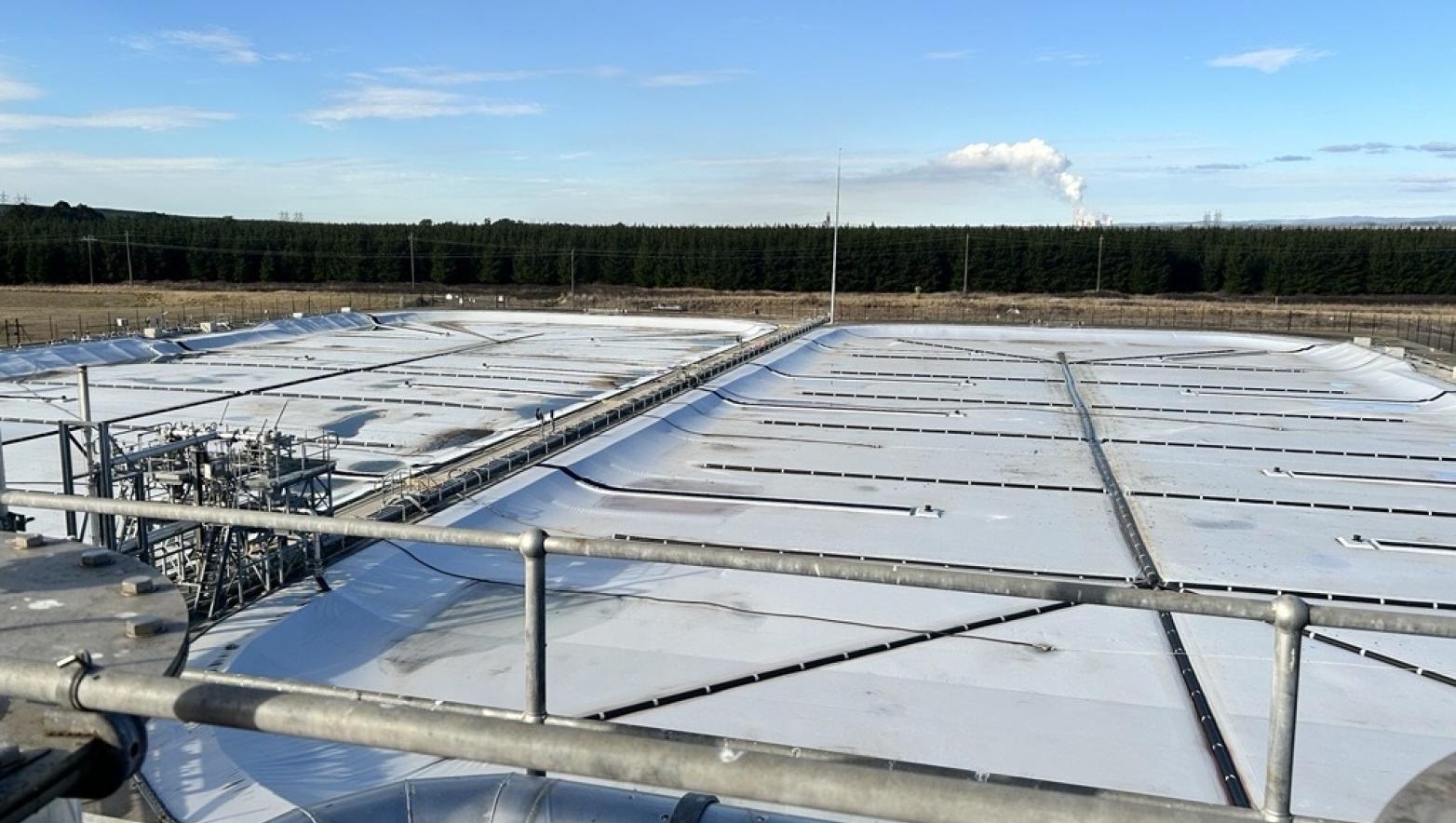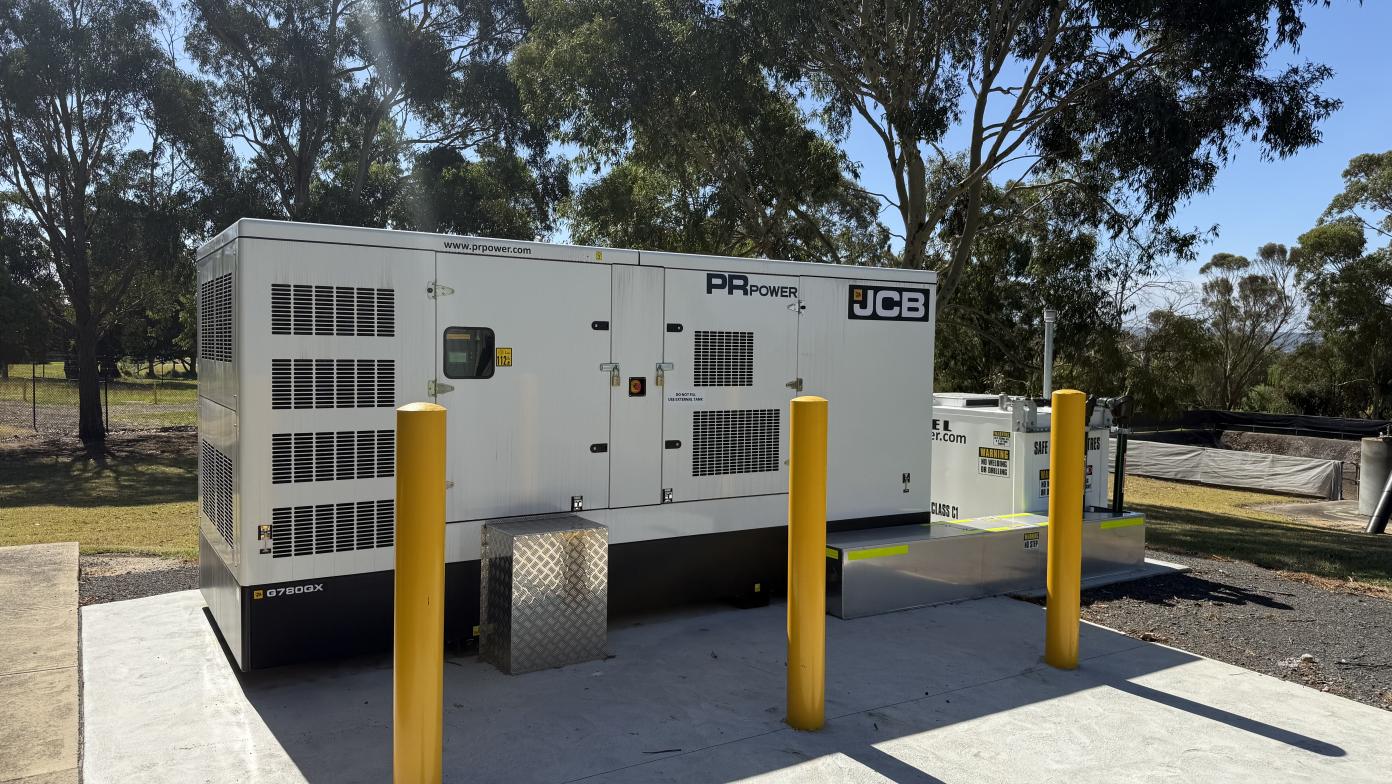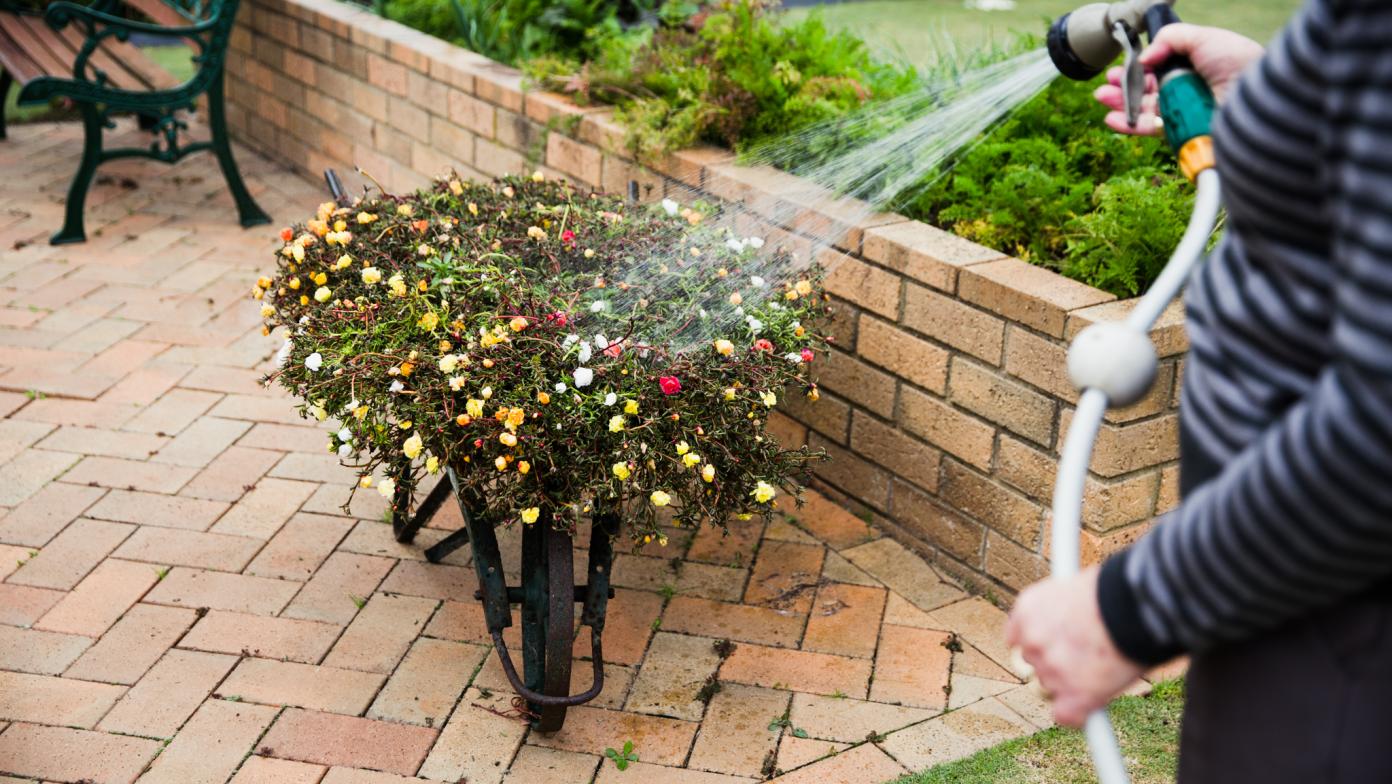Critical upgrade complete at Gippsland Water Factory

Gippsland Water has completed critical upgrade works on one of its most complex industrial assets, at the Gippsland Water Factory.
The ageing covers on the two industrial wastewater lagoons were replaced at the large-scale wastewater treatment facility near Morwell, which treats waste from Opal’s Maryvale Mill.
Industrial waste at the Gippsland Water Factory is treated in the lagoons, by creating an anaerobic environment (no oxygen), which allows microorganisms to break down waste and capture odours and gases before it progresses for further treatment.
Due to the potential risks associated with the concentrations of these gases, thorough planning and stringent safety measures were required.
Acting managing director Nic Moss said the cover replacements were a first for the organisation and potentially for the wider water sector with no examples of covers being replaced on lagoons treating pulp and paper mill waste within Australia.
“The successful completion of this project is a testament to the fantastic talent and resources we have here at Gippsland Water,” Mr Moss said.
“This site is one of the most critical assets we manage and replacing these covers required a lot of planning, technical analysis and safety mitigation measures.
“Odour modelling and monitoring were also undertaken to ensure it was safe and there were no impacts on the wider community.”
Mr Moss said simulated shutdowns of the lagoons prior to works presented a better understanding of how the biological process would behave.
“We worked closely with industry experts to ensure that the project could be completed safely, this included planning for different scenarios and undertaking simulated shutdowns,” Mr Moss said.
“The simulation results were used to inform the actual shutdown of the lagoons to ensure the safe replacement of the covers, by slowing the biological activity and making the microorganisms dormant.”
Mr Moss said the project was an example of the strong safety culture at the organisation.
“We knew these covers had to be replaced to ensure safe operations and many teams throughout the organisation came together to provide advice, support and work through the complexities,” Mr Moss said.
“This project is a testament to the safety culture at Gippsland Water, and we should be proud of the outcome.”
The Gippsland Water Factory also treats domestic wastewater for numerous towns including Morwell, Traralgon, Churchill, Boolarra, Glengarry, Rosedale and Toongabbie.
For more information, visit www.gippswater.com.au/replacementcovers


